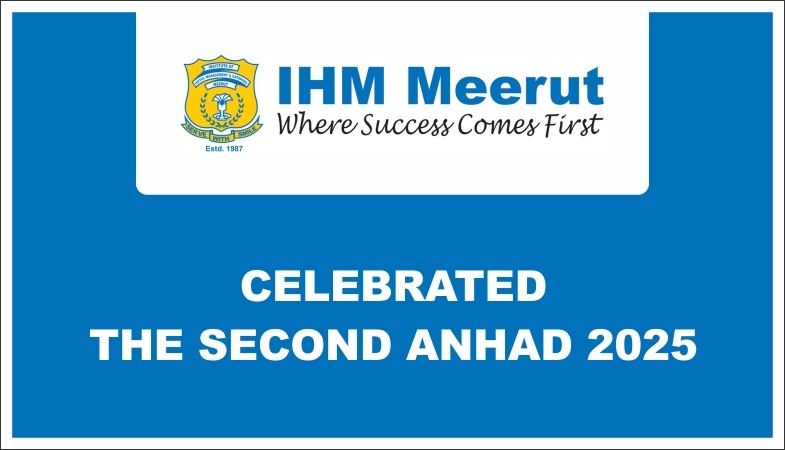The Art of Speed Cleaning: How Kitchen Stewards Can Cut Cleaning Time in Half
By adopting smart techniques, stewards can significantly reduce cleaning time while ensuring high sanitation standards.
Efficiency in a professional kitchen is not just about food
preparation; it extends to cleanliness and organization. Kitchen stewards play
a crucial role in maintaining hygiene, but with fast-paced service demands,
time is always a limiting factor. By adopting smart techniques, stewards can
significantly reduce cleaning time while ensuring high sanitation
standards.
One of the most effective speed-cleaning strategies is the “clean as you go” method. Instead of letting dishes and utensils pile up, stewards should wash and sanitize items immediately after use. This reduces end-of-shift workloads and prevents cross-contamination. Assigning specific team members to ongoing cleanup can further streamline the process.
Proper organization of cleaning tools is another time-saving strategy. Essential supplies like sanitizers, brushes, and scrubbing pads should be stored in accessible locations. A well-stocked and organized cleaning station ensures that stewards don’t waste time searching for necessary equipment during peak hours.
Using multi-purpose cleaning solutions can also cut down on the number of products needed. Instead of switching between different chemicals, stewards can opt for all-in-one cleaners that disinfect and degrease simultaneously. This reduces both the cleaning time and storage requirements for multiple products.
High-powered dishwashers and efficient soaking techniques help tackle stubborn grease and residue quickly. Pre-soaking heavily soiled pots and pans with hot water and degreasing agents minimizes scrubbing effort. Additionally, using color-coded cleaning cloths for different surfaces prevents cross-contamination while ensuring a systematic approach to wiping down workstations.
Time management techniques, such as setting cleaning timers for different tasks, help stewards maintain focus. Breaking cleaning tasks into small, manageable sections ensures that no area is overlooked. For instance, wiping down prep stations every 30 minutes prevents buildup and simplifies deep cleaning at the end of a shift.
Investing in ergonomic tools also makes a difference. Lightweight mops, high-pressure sprayers, and extendable scrubbers allow stewards to clean more efficiently with less strain. Automatic floor scrubbers, for example, clean faster and more thoroughly than manual mopping.
Finally, teamwork and clear communication are essential. Assigning specific cleaning roles during service hours ensures that all tasks are completed promptly. A well-coordinated team can divide responsibilities efficiently, ensuring a spotless kitchen in half the usual time.
By implementing these speed-cleaning techniques, kitchen stewards can maintain high hygiene standards while saving valuable time, ultimately contributing to a more efficient and productive kitchen environment.
.png)






















.jpg)





